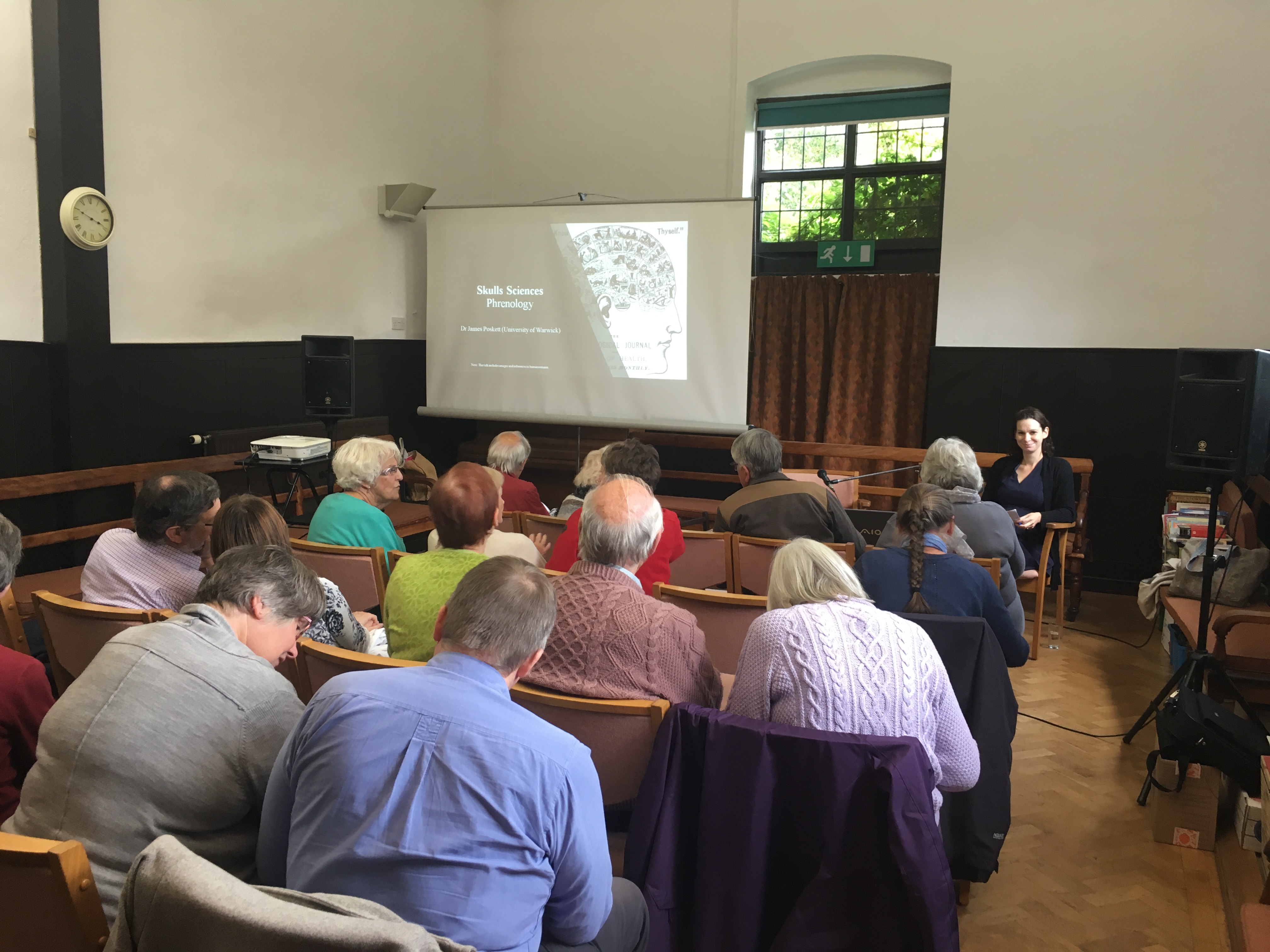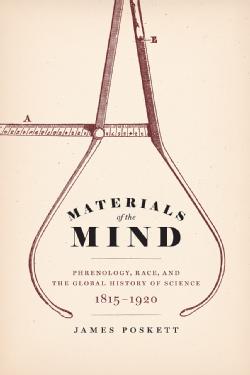News
Gems and the Scientific Revolution - keynote talk at the Yale Gems and Mineral Symposium
Michael Bycroft gave the keynote talk at the Yale Gems and Mineral Symposium, held at the Peabody Museum of Natural History at Yale University on October 18-20, 2019.
Gems were at the heart of the transformation in natural knowledge that happened in Europe between 1500 and 1800. Historians of the scientific revolution have overlooked these objects, perhaps because of their association with magic and lapidary medicine, and perhaps also because gemmology is rarely taught in faculties of science in Western universities. Yet gems played a decisive role in early modern chemistry, mineralogy, crystallography, and experimental physics. The same period saw a rapid expansion in gem collecting, the cutting and polishing industry, and the global gem trade. Consequently, the study of gems sheds much light on the origins of modern science, and especially on the role of craft, commerce, and collecting in the emergence of new ideas about the natural world.
Skulls Sciences at the Warwick Words History Festival
Dr James Poskett and Dr Elise Smith gave a joint talk on the history of the "skull sciences". This event was part of the Warwick Words History Festival.
"How does the mind work? This was a question which fascinated scientists and the public in the nineteenth century. Many started to believe that the mind could only be understood by studying the skull and the brain. Craniologists collected and measured skulls in the service of racial science, whilst phrenologists could be found in prisons and on slave plantations. Queen Victoria asked a phrenologist to measure the heads of her children, and disciples of Charles Darwin used cranial size to rank people hierarchically."

Autumn 2019 Events
In Autumn Term 2019 there are lots of events running across the History Department, particularly associated with the Global History and Culture Centre and the Centre for the History of Medicine, related to the history of science and technology.
Please check the events page for further information.
How Can You Tell? Judgment in Early Modern Europe - Call for Papers
We don't like to stand in judgment, and we don't want to be judged, but we live in a world of ratings, assessments and evaluations. Judgment is an elusive topic in the humanities because it falls between the cracks of periods and disciplines. This workshop will address this problem by bringing together scholars from a range of disciplines to study judgment in early modern Europe. Organised by Michael Bycroft, Naomi Pullin, Kathryn Woods, and Sophie Mann, as part of the annual workshop series of the Early Modern and Eighteenth Century Centre. The workshop will be held on Friday 6 March 2020, University of Warwick.
Full call for papers [closed as of September 10, 2019]
GHCC Workshop: Empires and Natural Resources
The Global History and Culture Centre hosted a workshop, organised by Guillemette Crouzet, on Empires and Natural Resources: Contestation, Exploitation and Protection from the 1800s to the present.
A number of members of the History of Science and Technology Hub took part, delivering papers and chairing sessions. Katayoun Shafiee gave a paper on her new project on the history of water management and dam infrastructure in twentieth-century Iran.
Materials of the Mind: Phrenology, Race, and the Global History of Science, 1815-1920

Materials of the Mind: Phrenology, Race, and the Global History of Science, 1815-1920 by Dr James Poskett is a new monograph published by University of Chicago Press.
Phrenology was the most popular mental science of the Victorian age. From American senators to Indian social reformers, this new mental science found supporters around the globe. Materials of the Mind tells the story of how phrenology changed the world—and how the world changed phrenology.
This is a story of skulls from the Arctic, plaster casts from Haiti, books from Bengal, and letters from the Pacific. Drawing on far-flung museum and archival collections, and addressing sources in six different languages, Materials of the Mind is an impressively innovative account of science in the nineteenth century as part of global history. It shows how the circulation of material culture underpinned the emergence of a new materialist philosophy of the mind, while also demonstrating how a global approach to history can help us reassess issues such as race, technology, and politics today.
Find out more here or read a recent review in the Wall Street Journal.
Registration opens for conference "Error in the Age of Thomas Browne" (7 June, 2019)
Registration now open for "Error in the Age of Thomas Browne" (7 June 2019), a one day-conference exploring the history of error in medicine, natural history, natural philosophy, astronomy, and literature more generally. Organised by Dr Alice Leonard at the Institute of Advanced Study, Warwick.
Allegory of Error by Antoine Coypel (1661-1722)
Workshop in Paris on "East and West: Dialogues in History of Science and Technology"
A number of History of Science and Technology Hub members participated in a workshop, organised by the Global History and Culture Centre, and held at University Paris Diderot on 8 April 2019
The aim of the workshop was to explore historiographical themes with colleagues in Paris working on the history of science and technology, particularly in global and East Asian contexts.
Claudia Stein spoke on the history of the human sciences and James Poskett spoke on the global history of phrenology.
Registration opens for the conference Technologies of Mind and Body in the Soviet Union and the Eastern Bloc (Nottingham, 17-18 May, 2019)
Registration is now open for Technologies of Mind and Body in the Soviet Union and the Eastern Bloc, a conference organised by Dr. Claire Shaw (Warwick) and Dr. Anna Toropova (Nottingham). The conference will be held at the University of Nottingham on 17-18 May, 2019. Registration is free of charge.
The World in Questions: Questionnaires and the History of Knowledge in the Early Modern World - Samir Boumediene (Ėcole Normale Supérieure, Lyon)
The questionnaire was a powerful and distinctive tool for finding out about the natural world in the early modern period. Samir Boumediene explored this genre at the seminar of the Global History and Culture Centre on March 6, 2019.

